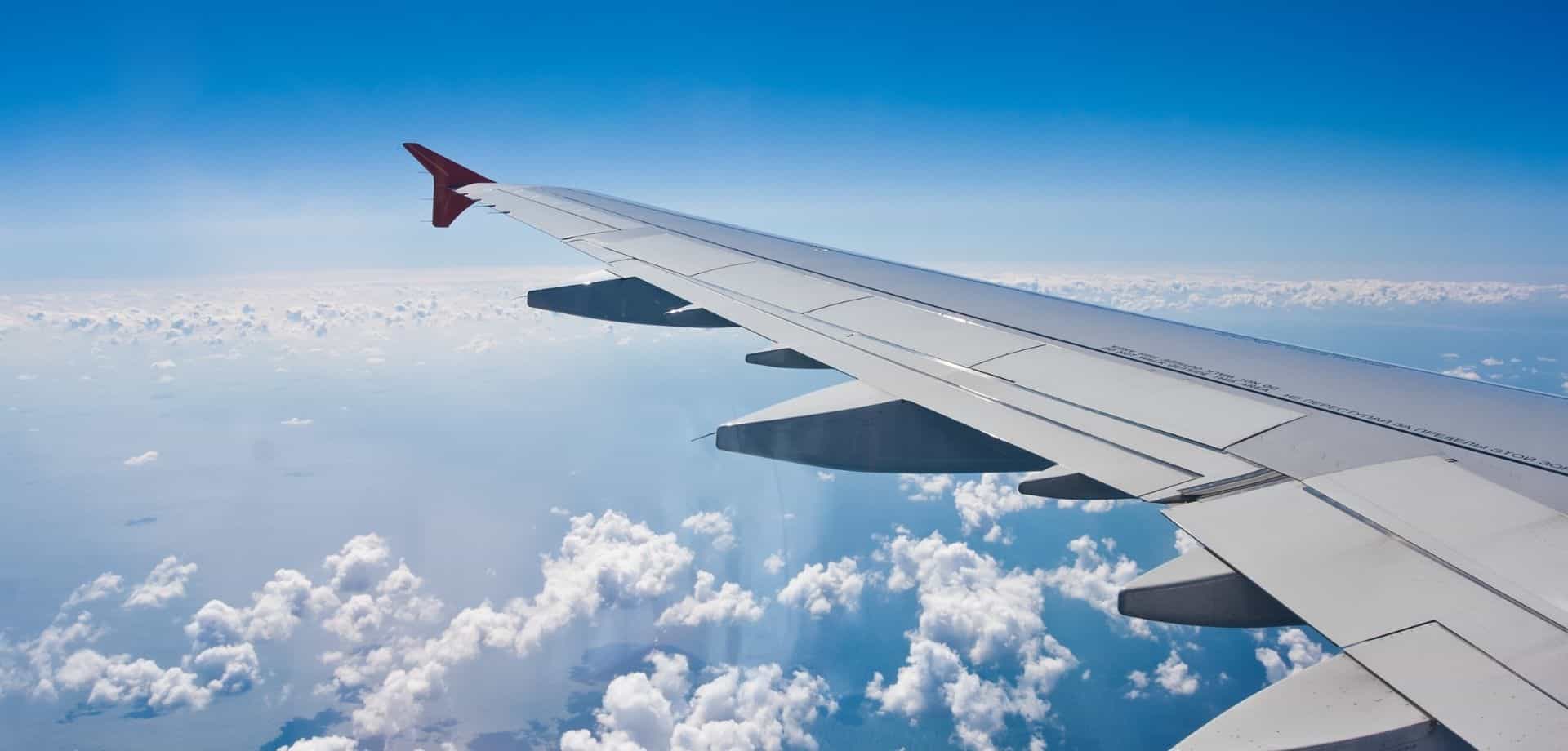Tag: south africa
Our travel clinic nurse, Anna Chapman, has just returned from an amazing two weeks travelling around South Africa.
Many items were ticked off her bucket list including a stay in Cape Town, a visit to the Winelands of Franschhoek and Stellenbosch and a stopover in Hermanus and Touwsrivier in the Western Cape. It was a busy trip!
Anna shares her top travel health tips for staying healthy on the road.
TRAVEL VACCINATIONS ARE A MUST!
Make sure you get your travel vaccinations in plenty of time prior to travelling. Book a travel consultation appointment 4-6 weeks before your flight to discuss health safety and vaccination recommendations. Travellers with a pre-existing health problem should book an appointment with a GP even earlier. Often vaccines are left to the last minute and not prioritised but it is important to protect yourself against life-threatening diseases.
South Africa is a huge country and the vaccinations you need will depend on exactly where you plan to stay, visit and what you plan to do. Depending on where you enter the country, high-risk areas may require you to provide proof of yellow fever vaccination on entering.
The far eastern provinces and game parks of South Africa pose a risk of malaria. If you are planning a safari, find out which reserve you will be visiting to determine if you will require anti-malarial medication. There are numerous game parks in the east and centre of the country which are malaria free. We also recommend our Ultimate Bug Kit to help protect you from mosquitos.
Other vaccinations to consider; hepatitis A, polio and typhoid.
BE MINDFUL OF THE WATER DROUGHT
There has been a severe drought in South Africa, particularly in the Western Cape. At present, there are active water restrictions in place throughout. You should be mindful of water consumption and comply with local restrictions.
As a result, many toilets no longer have running water to wash your hands with and instead offer hand sanitiser. Make sure you take your own hand sanitiser with you just in case the public facilities run out. Good hand hygiene is key to preventing upset stomachs otherwise known as travellers’ diarrhoea. Travellers should consider booking the drinkable vaccination, Dukoral, which protects against cholera and travellers’ diarrhoea. It would probably be worthwhile in taking a diarrhoea treatment pack with you on your travel as well.
TRAVEL SICKNESS
The Western Cape and the Cape of Good Hope is known for stormy seas. If you are prone to travel sickness and plan on taking any boat trips, make sure you pack seasickness medication. Whale watching is a popular tourist activity, and even the short boat ride from Cape Town to Robben Island can be rough enough to make those susceptible to seasickness feel queasy.
OVERNIGHT FLIGHT RISKS
Most travellers enter South Africa in a direct overnight flight from the UK. With only an hour time difference from the UK, people use this flight to catch up on sleep before they land. Sitting immobile for prolonged periods can put you at risk of a deep vein thrombosis. Minimise the risk by staying hydrated, keeping mobile and wearing compression stockings throughout the flight
IMPORTANT AFTER TRAVEL APPOINTMENTS
Travellers returning with diarrhoea should seek medical care if symptoms do not improve within three days. At Fleet Street Clinic, we have an on-site PCR machine which is able to identify the cause of travellers’ diarrhoea to produce a rapid report. Our GP’s can identify the exact cause, provide an accurate diagnosis and prescribe the correct treatment.
Medical advice should be sought earlier for those who are elderly, children and other vulnerable travellers if they are showing signs of dehydration.
______________________________
Our experience team of travel nurses can help advise with any queries or more information on South Africa.
Book your travel appointment today
By Anna Chapman | Travel Nurse | September 2018




